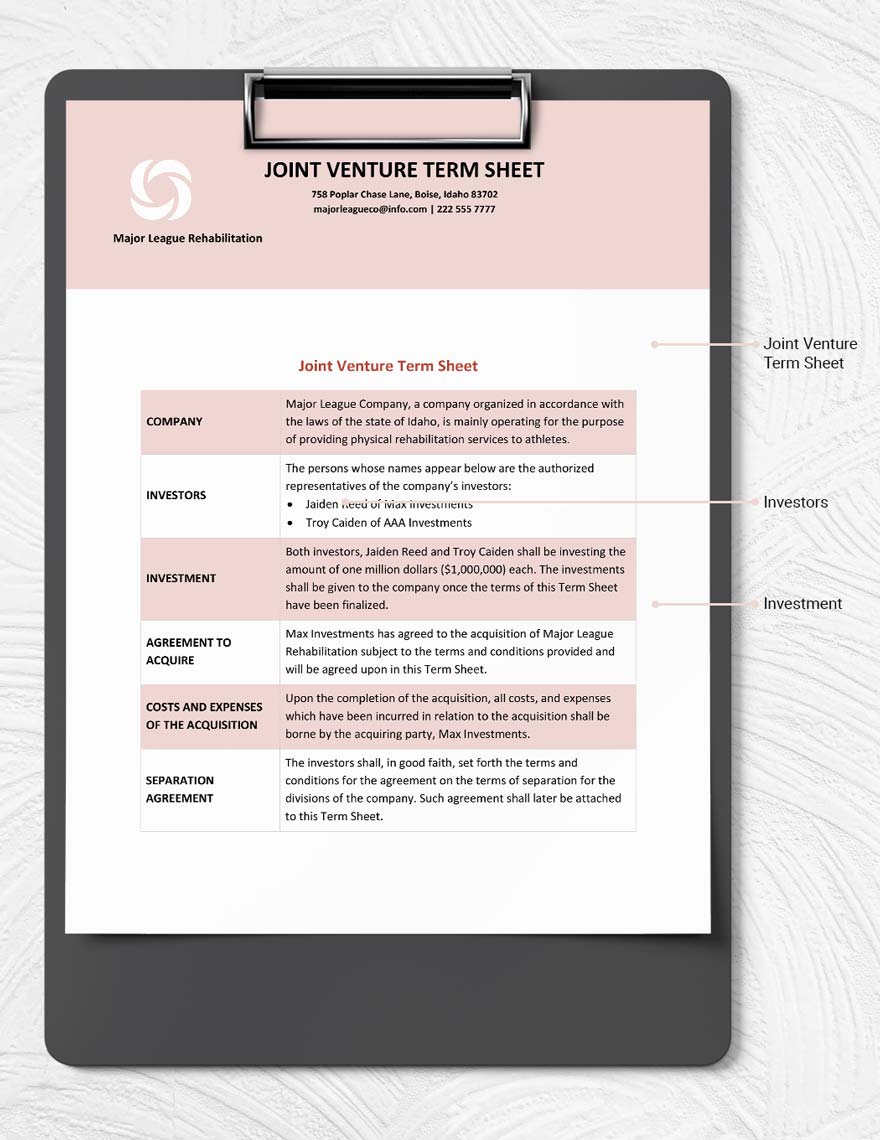Why School Suspensions Are Detrimental: A Critical Look At The Negative Impact

Table of Contents
The Impact of School Suspensions on Academic Performance
School suspensions have a demonstrably negative correlation with academic achievement. The time missed from school directly translates to lost learning opportunities, significantly impacting a student's ability to succeed academically.
- Increased absenteeism: Suspensions lead to missed coursework, tests, and assignments, resulting in falling grades and a cumulative negative impact on grade point average (GPA). The disruption to the learning routine makes it difficult for students to catch up, even with make-up work.
- Disruption of learning routines: The consistent structure of school is crucial for learning; suspensions disrupt this structure, leaving students feeling disengaged and behind. This loss of valuable instructional time significantly hinders academic progress.
- Negative impact on graduation rates and future educational opportunities: Students with frequent suspensions are at a significantly higher risk of failing to graduate high school. This lack of a high school diploma severely limits future educational attainment and career prospects.
- Increased likelihood of dropping out of school: The cumulative effect of academic struggles, feelings of isolation, and lack of support can push students toward dropping out entirely, further hindering their long-term prospects.
Studies consistently demonstrate a strong link between school suspensions and decreased educational attainment. For example, a study published in the Journal of Educational Research found that students suspended even once were significantly more likely to experience lower academic achievement than their peers. This highlights the urgent need to re-evaluate the efficacy of suspensions as a primary disciplinary strategy.
The Negative Effects of School Suspensions on Social-Emotional Development
Beyond the academic repercussions, school suspensions have profound and damaging effects on students' mental health and social-emotional well-being. The experience of suspension is often isolating and stigmatizing, further exacerbating pre-existing challenges.
- Increased feelings of isolation, alienation, and stigmatization: Being removed from the school community can leave students feeling ostracized and alone. The stigma associated with suspension can negatively impact their self-perception and relationships with peers and teachers.
- Higher risk of developing behavioral problems and emotional distress: Suspensions can trigger or worsen existing behavioral issues, leading to a vicious cycle of punishment and further disruptive behavior. The emotional distress associated with suspension can manifest as anxiety, depression, or other mental health concerns.
- Damage to self-esteem and sense of belonging: The feeling of rejection and punishment inherent in suspension significantly damages a student's self-esteem and sense of belonging within the school community.
- Increased likelihood of engaging in risky behaviors: Disconnected from school and lacking positive support systems, suspended students may be more likely to engage in risky behaviors, such as substance abuse or delinquency.
Research strongly supports the link between school suspensions and negative mental health outcomes. Many studies show a correlation between suspension and increased rates of anxiety, depression, and other mental health disorders. This emphasizes the crucial need for schools to adopt approaches that support social-emotional learning (SEL) and promote student well-being.
School Suspensions and the School-to-Prison Pipeline
School suspensions are a significant contributor to the school-to-prison pipeline, a disturbing trend that disproportionately affects marginalized students and perpetuates a cycle of punishment and disadvantage.
- Disproportionate suspension of students from marginalized groups: Students from racial and ethnic minority groups, students with disabilities, and students from low-income backgrounds are disproportionately suspended, reflecting systemic biases within disciplinary practices.
- The correlation between school suspensions and involvement with the juvenile justice system: Suspensions can escalate into more serious consequences, leading to involvement with the juvenile justice system and a criminal record. This significantly impacts future opportunities.
- The cycle of punishment and further marginalization: Once involved in the juvenile justice system, it becomes increasingly difficult for students to reintegrate into the educational system, leading to a cycle of punishment and further marginalization.
- The long-term consequences of a criminal record on future opportunities: A criminal record, even a juvenile one, can severely limit future opportunities, impacting college admissions, employment prospects, and overall life trajectory.
The disproportionate discipline of certain student groups highlights the inherent inequities within current school disciplinary systems. Addressing this requires a systemic shift towards more equitable and restorative approaches to discipline.
Alternative Disciplinary Approaches to School Suspensions
Moving away from punitive suspensions requires a fundamental shift towards restorative and positive disciplinary practices. These strategies focus on addressing the root causes of misbehavior, promoting conflict resolution, and fostering a positive school climate.
- Conflict resolution and mediation programs: These programs provide students with the skills and support to resolve conflicts peacefully and constructively, preventing escalation and the need for suspensions.
- Restorative justice practices: Restorative justice practices focus on repairing harm and building relationships, fostering accountability and understanding among all involved parties.
- Positive behavioral interventions and supports (PBIS): PBIS is a proactive approach that emphasizes positive behavior, prevention, and teaching students appropriate social skills and expectations.
- Social-emotional learning (SEL) curriculum integration: Integrating SEL into the curriculum equips students with the emotional regulation, social skills, and self-awareness necessary to navigate challenging situations and make positive choices.
Implementing these alternative approaches requires commitment from school staff, administrators, and the wider community. Investing in training and support for staff is essential to ensure the successful implementation and long-term effectiveness of these programs.
Conclusion: Rethinking School Suspensions for a Better Future
The evidence overwhelmingly demonstrates that school suspensions are detrimental to students' academic performance, social-emotional development, and future prospects, often contributing to the school-to-prison pipeline. The disproportionate impact on marginalized students necessitates a fundamental rethinking of disciplinary practices. Reducing school suspensions requires a commitment to implementing alternative disciplinary strategies that prioritize student well-being, restorative justice, and positive behavior support. We must move toward a system that fosters a positive school climate, promotes social-emotional learning, and supports all students in reaching their full potential.
We urge readers to advocate for change by contacting their local school boards, supporting legislation that promotes alternative disciplinary practices, and demanding more equitable and effective approaches to managing student behavior. Let's work together to create schools where all students feel safe, supported, and empowered to succeed, reducing school suspensions and building a brighter future for all.

Featured Posts
-
 The Fallout From The Justice Departments School Desegregation Order Rescission
May 03, 2025
The Fallout From The Justice Departments School Desegregation Order Rescission
May 03, 2025 -
 9 Billion Budget Improvement Pledged By Australian Opposition
May 03, 2025
9 Billion Budget Improvement Pledged By Australian Opposition
May 03, 2025 -
 Discover This Country Your Ultimate Travel Guide
May 03, 2025
Discover This Country Your Ultimate Travel Guide
May 03, 2025 -
 Chicago Welcomes New Harry Potter Store A Detailed Review
May 03, 2025
Chicago Welcomes New Harry Potter Store A Detailed Review
May 03, 2025 -
 Luxury Middle Eastern Resorts A Joint Venture Between Balsillies Golf Company And Saudi Developer
May 03, 2025
Luxury Middle Eastern Resorts A Joint Venture Between Balsillies Golf Company And Saudi Developer
May 03, 2025
Latest Posts
-
 Political Fallout Farages Savile Remark And The Public Reaction
May 03, 2025
Political Fallout Farages Savile Remark And The Public Reaction
May 03, 2025 -
 Settlement Reached In Farage Nat West De Banking Row
May 03, 2025
Settlement Reached In Farage Nat West De Banking Row
May 03, 2025 -
 Farages Reform Party Slogan Sparks Backlash Savile Controversy Explained
May 03, 2025
Farages Reform Party Slogan Sparks Backlash Savile Controversy Explained
May 03, 2025 -
 Gaza Macron Alerte Sur La Militarisation Possible De L Aide Humanitaire Israelienne
May 03, 2025
Gaza Macron Alerte Sur La Militarisation Possible De L Aide Humanitaire Israelienne
May 03, 2025 -
 Nigel Farages Bank Account Dispute Concludes With Nat West Settlement
May 03, 2025
Nigel Farages Bank Account Dispute Concludes With Nat West Settlement
May 03, 2025
